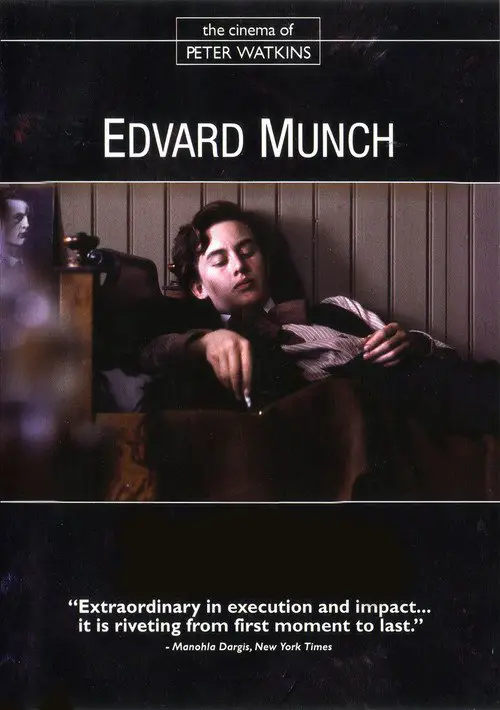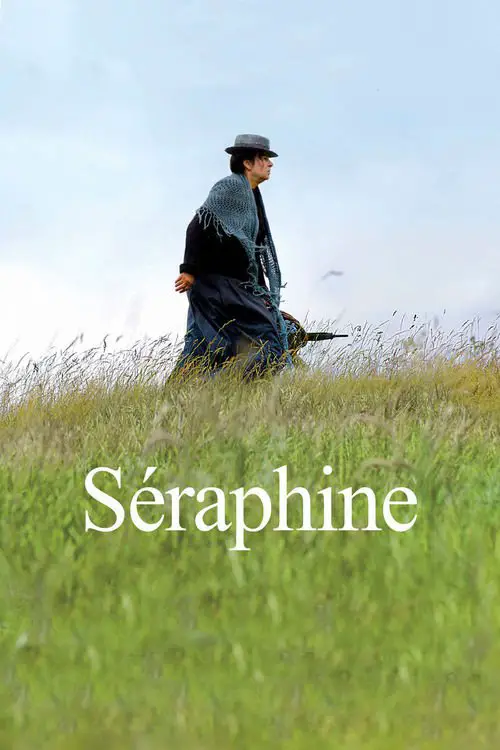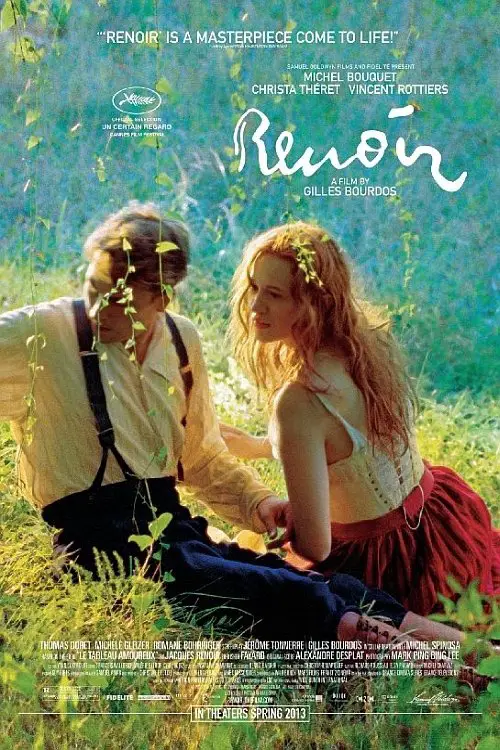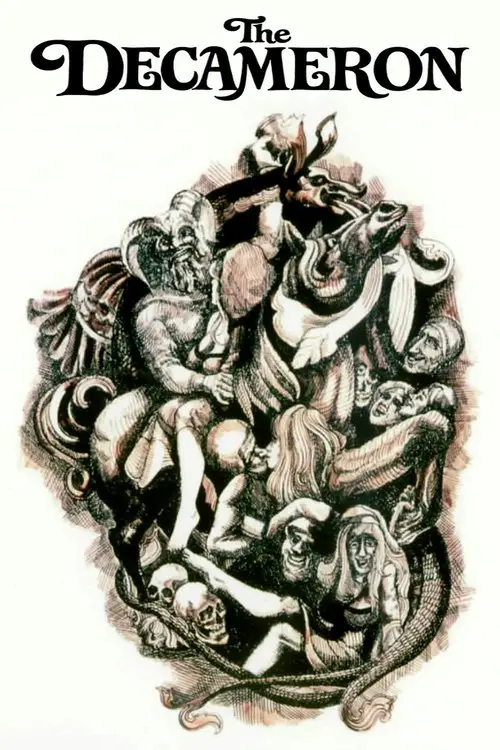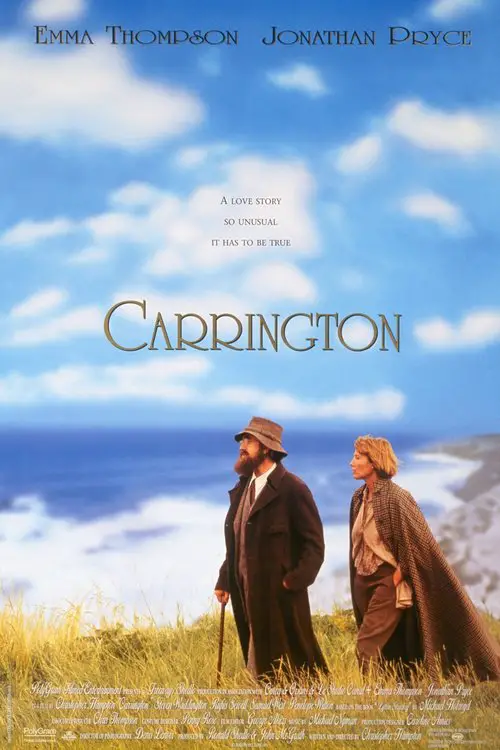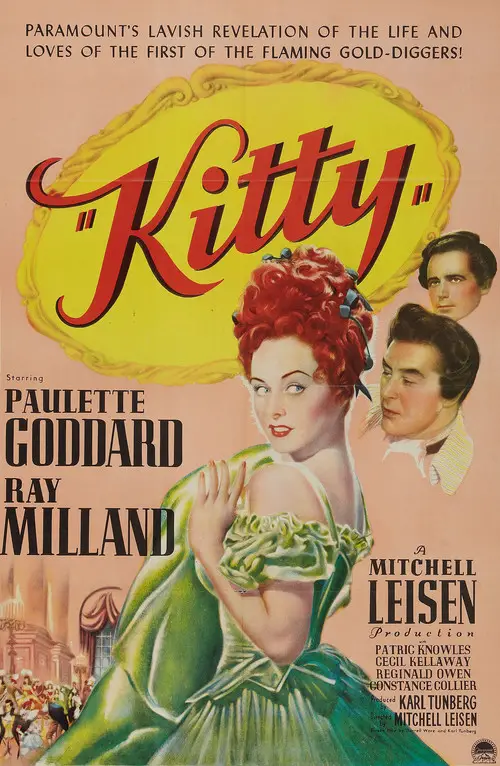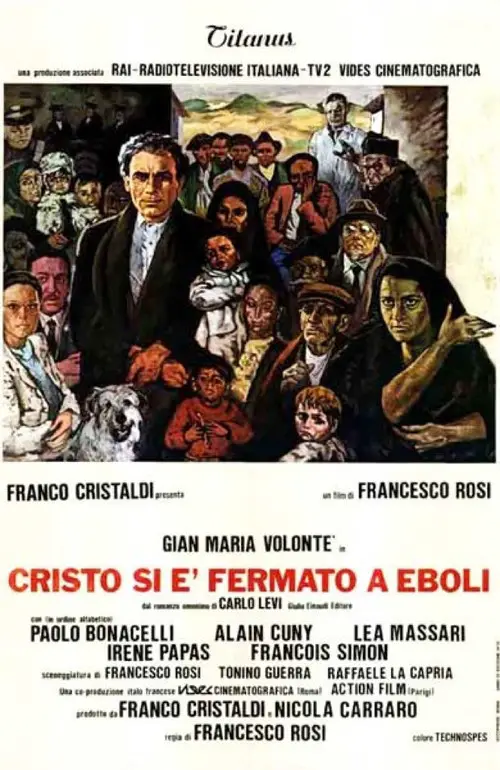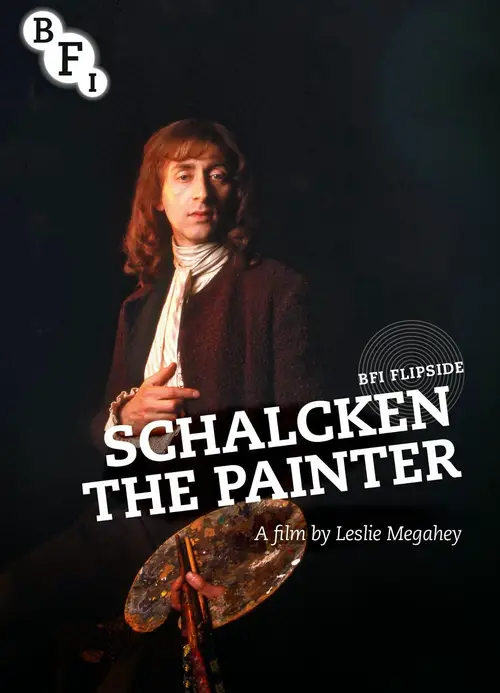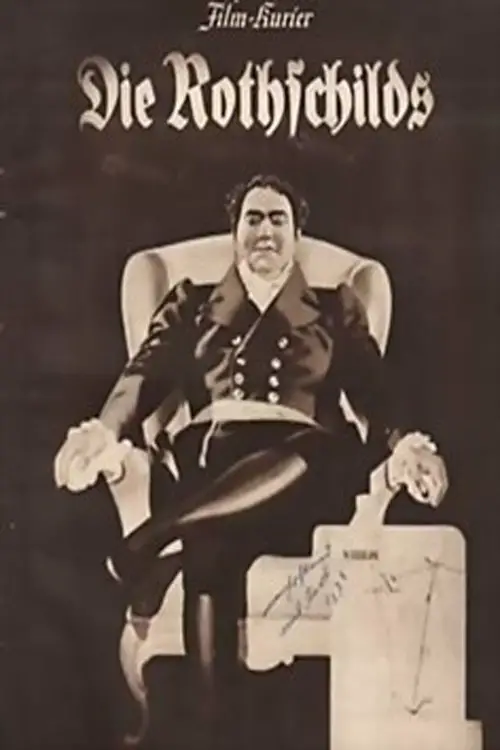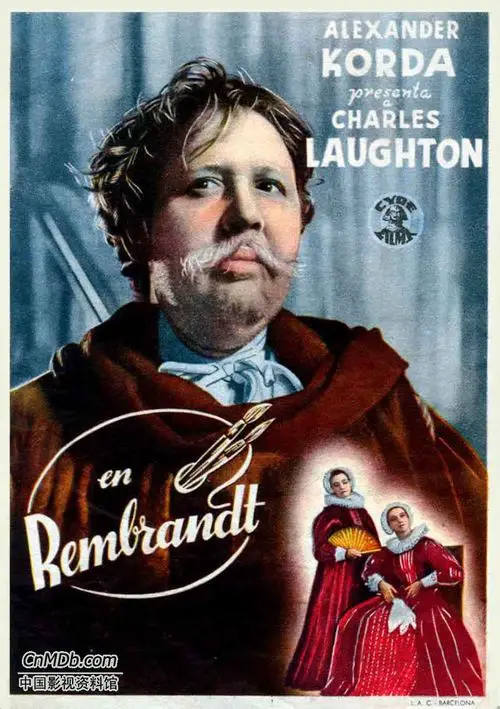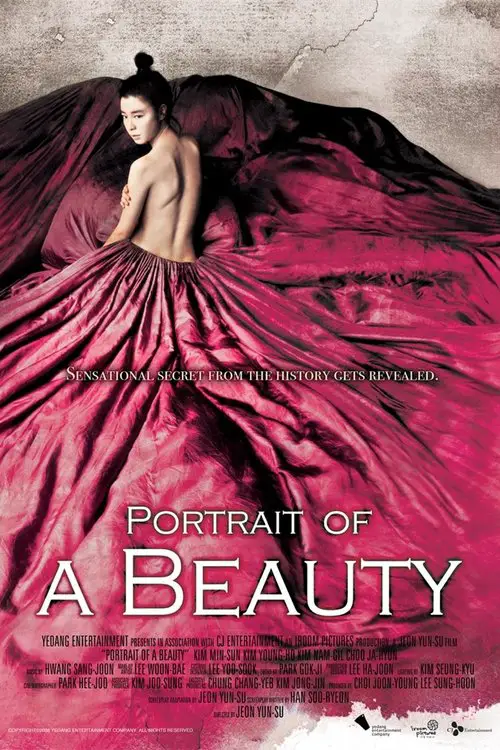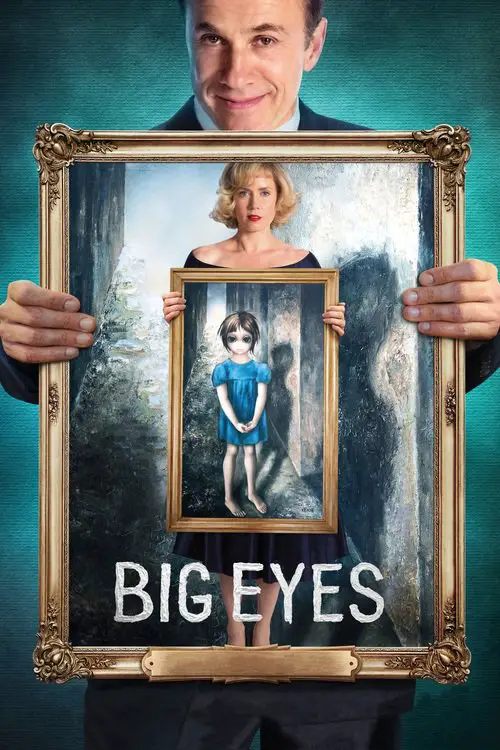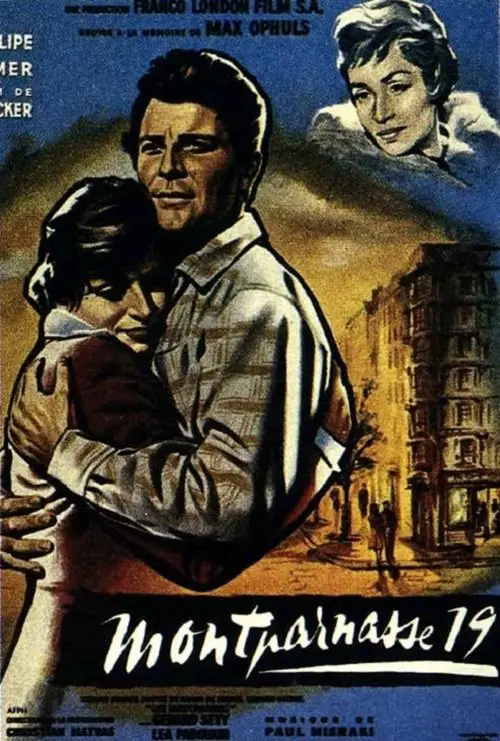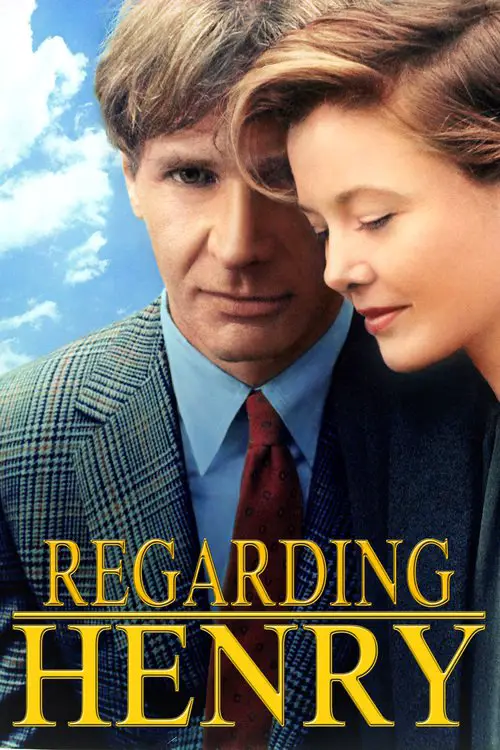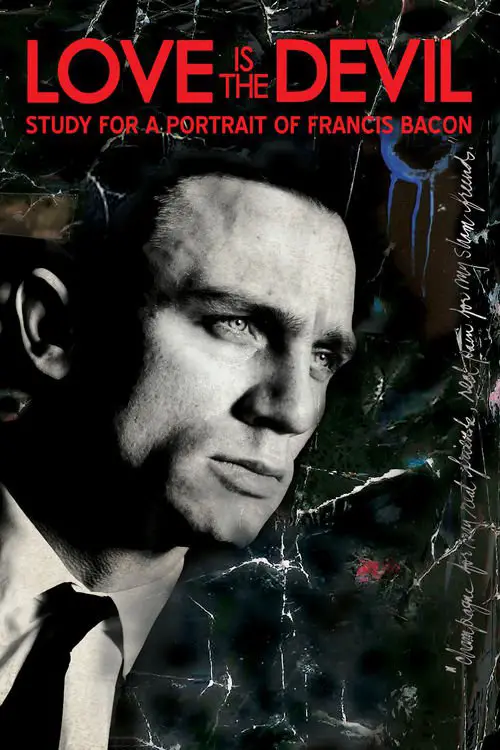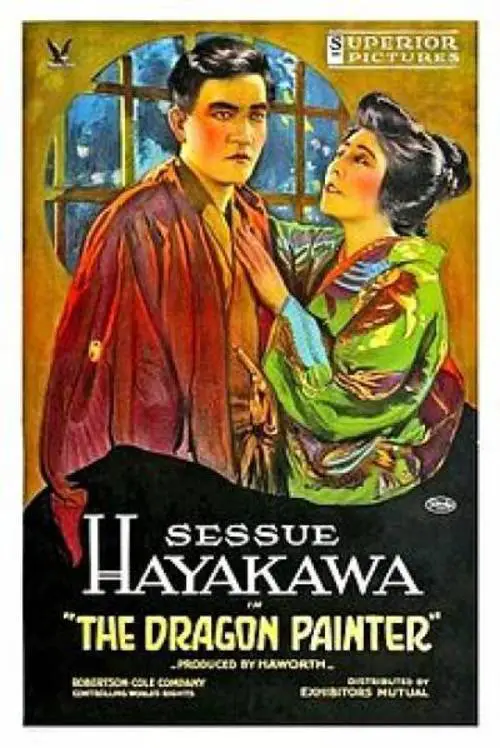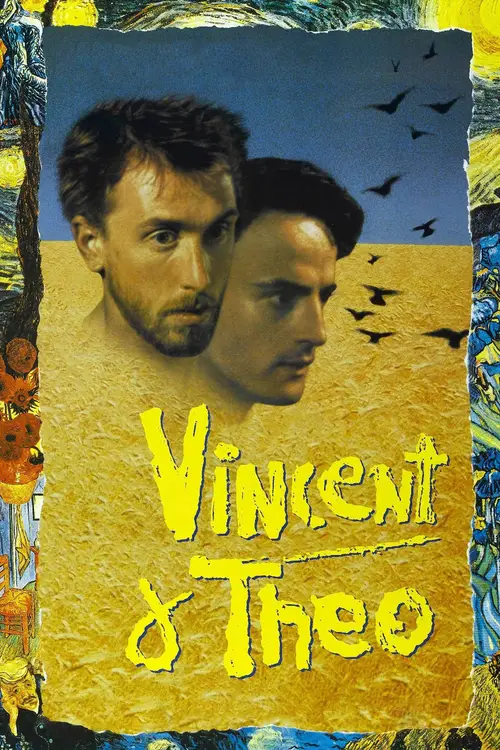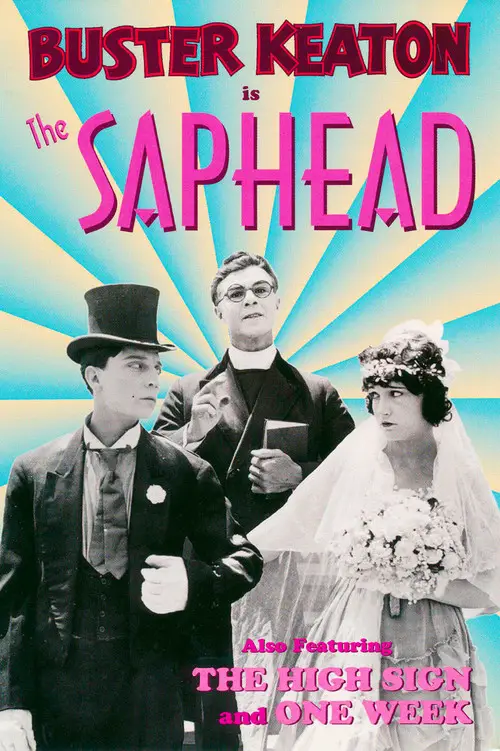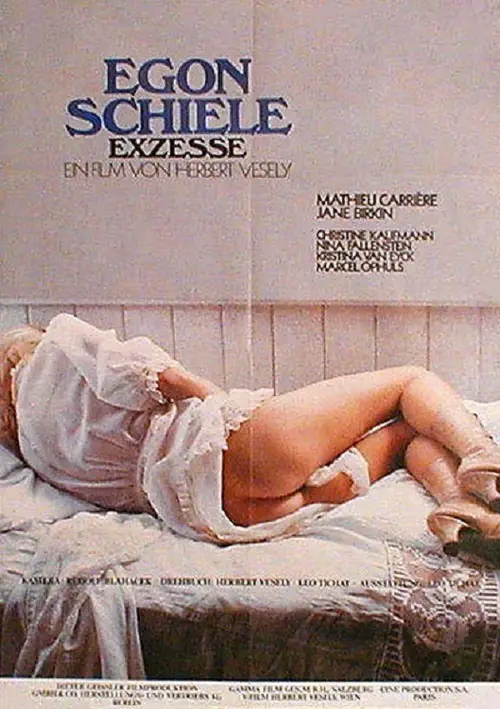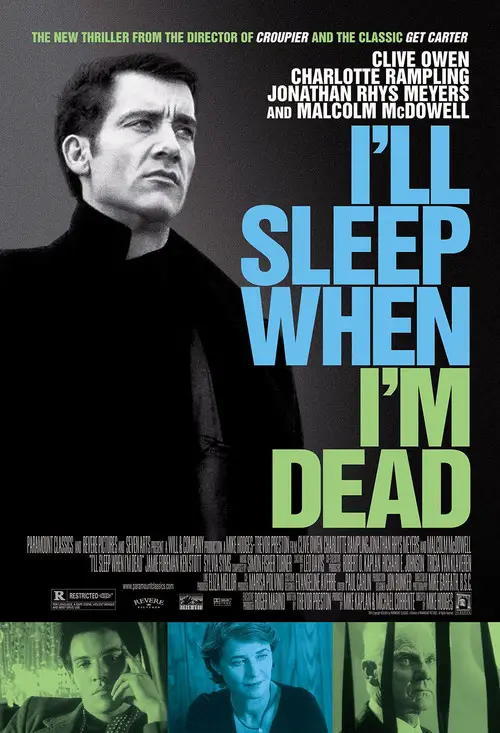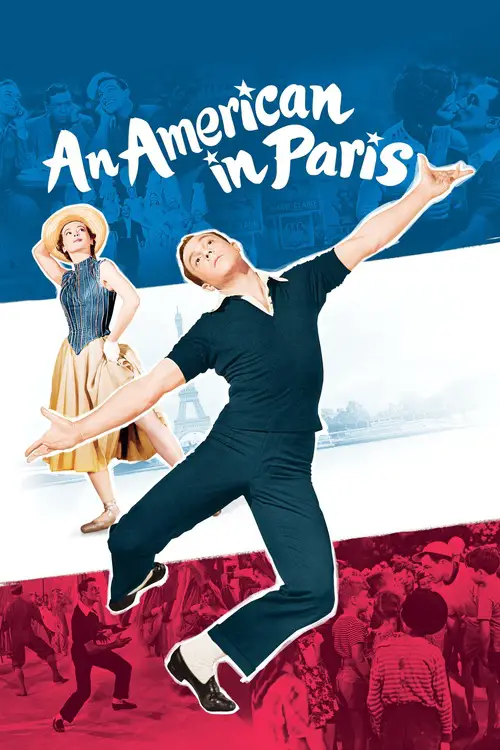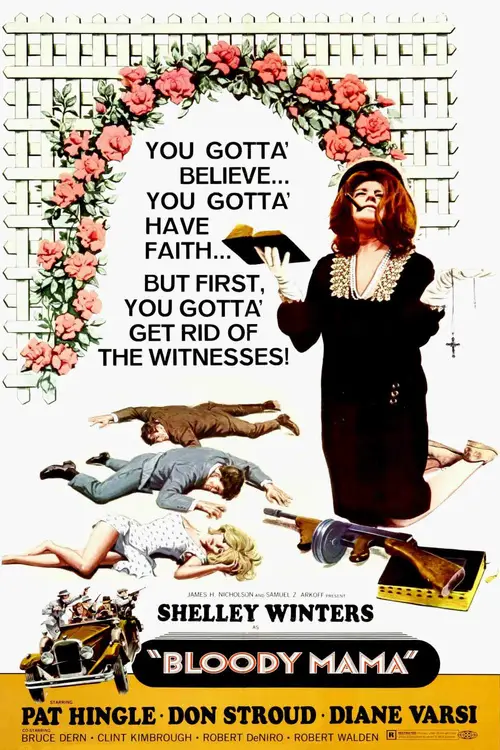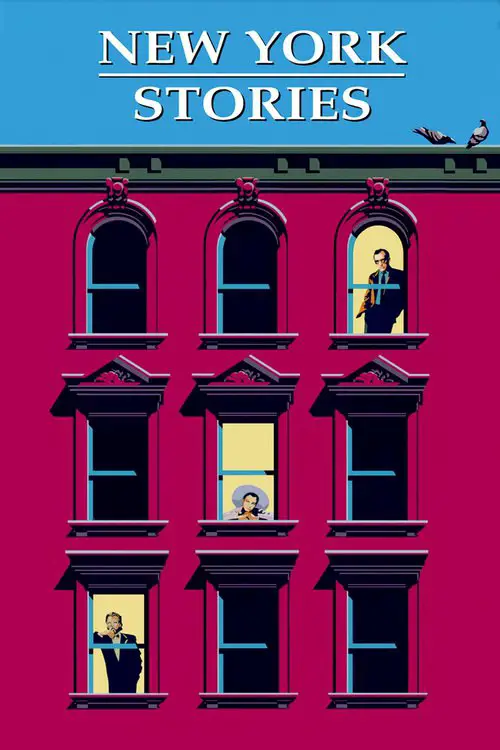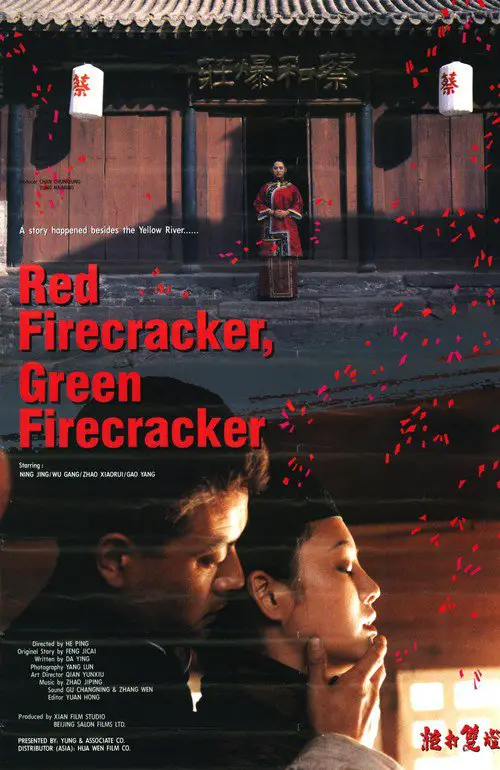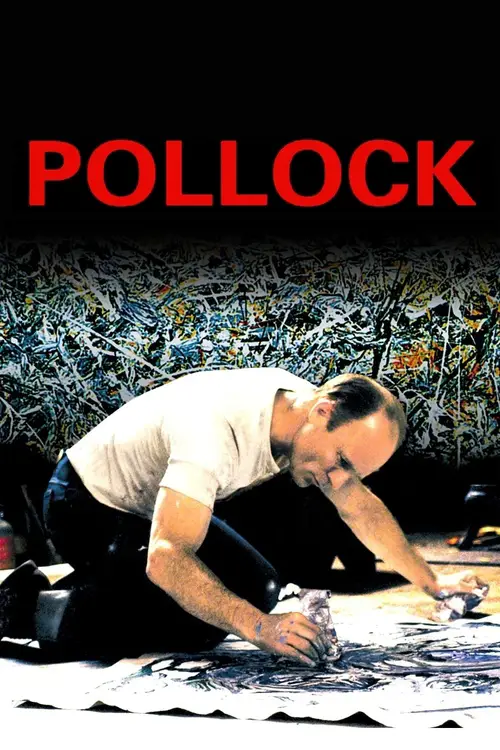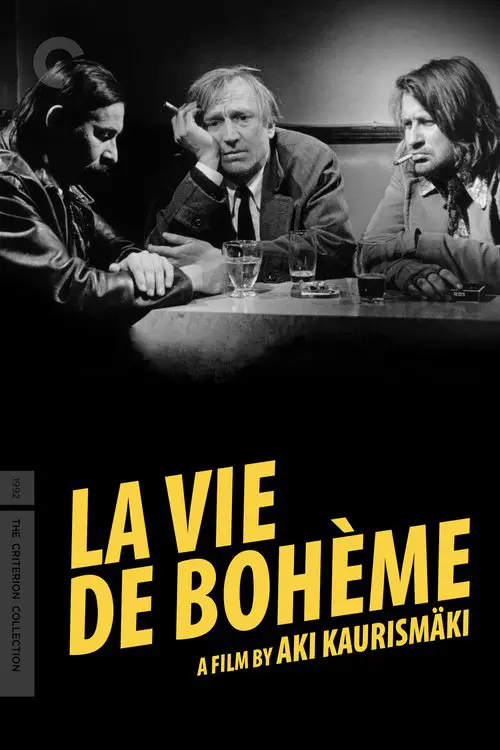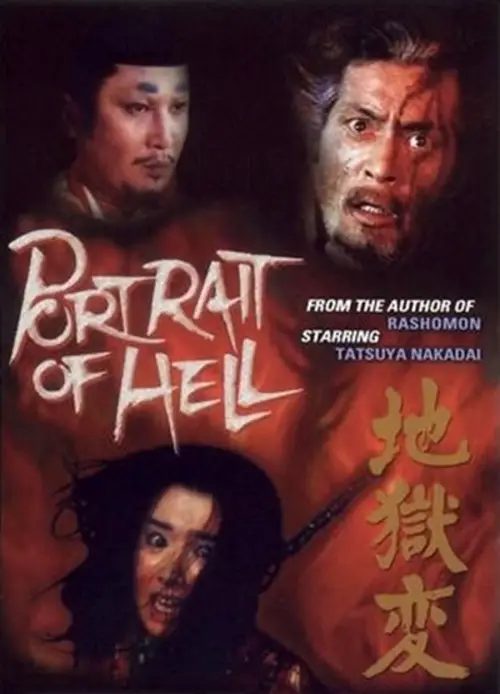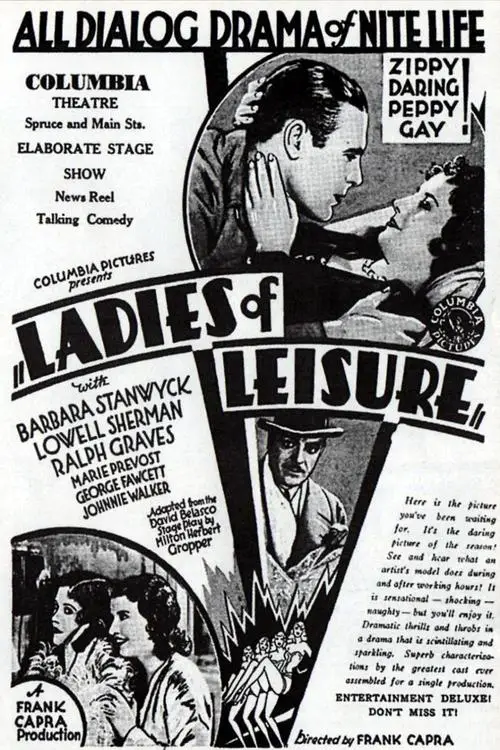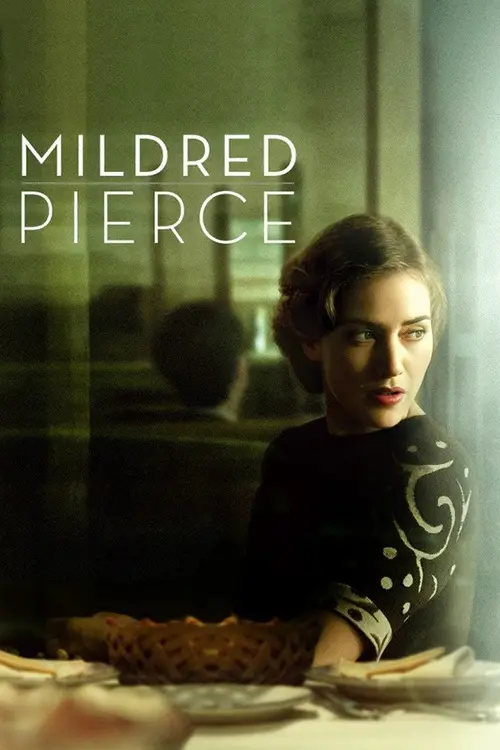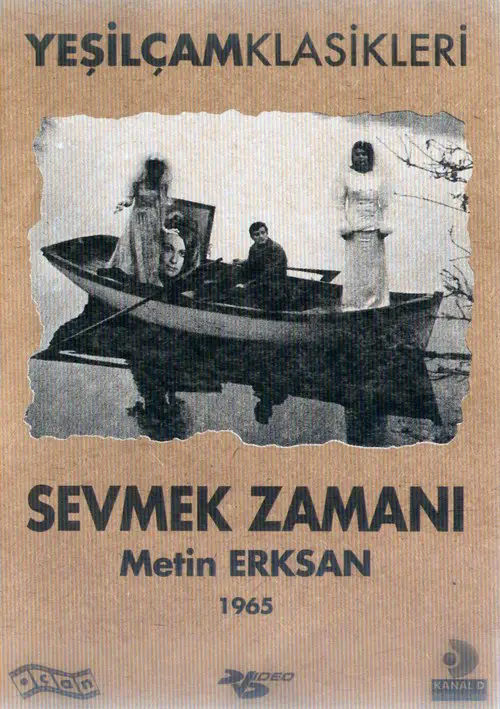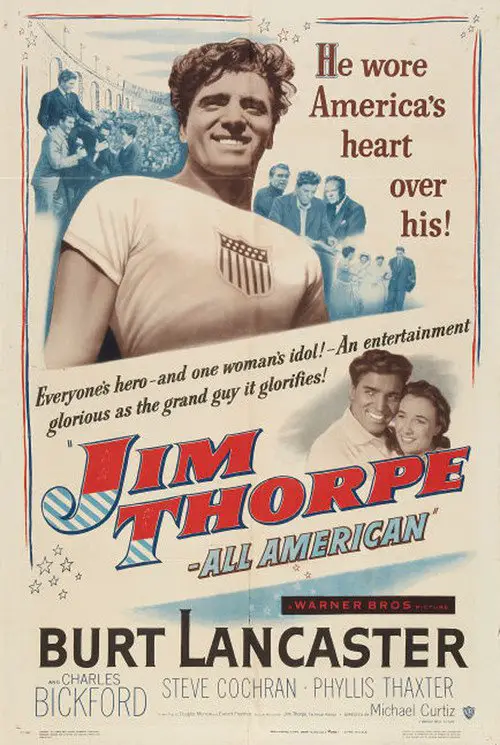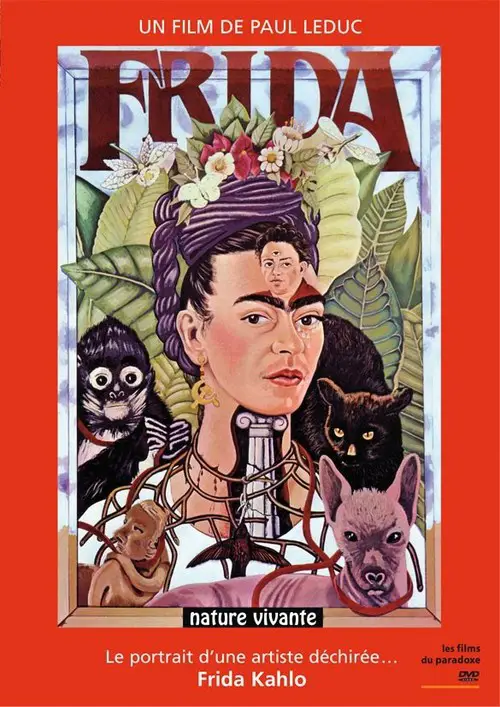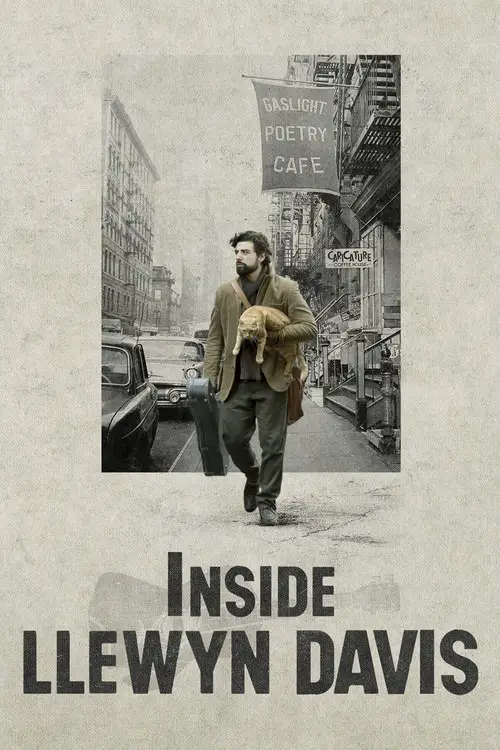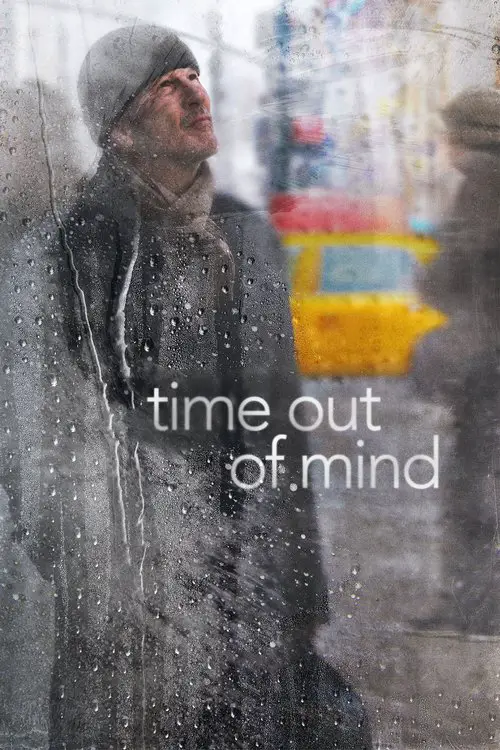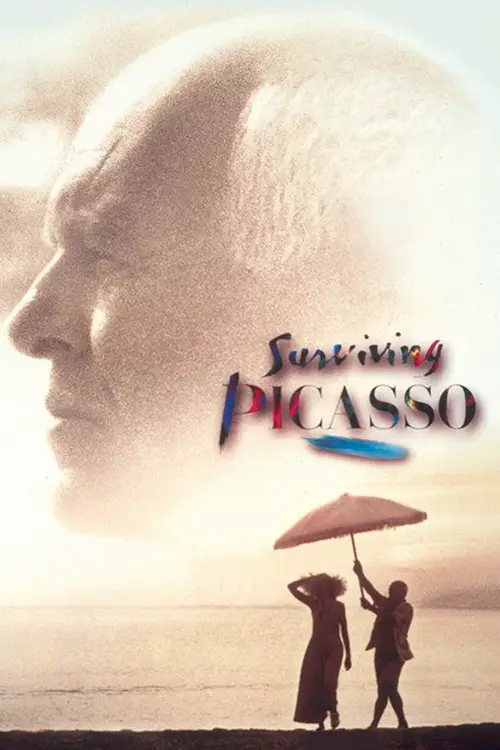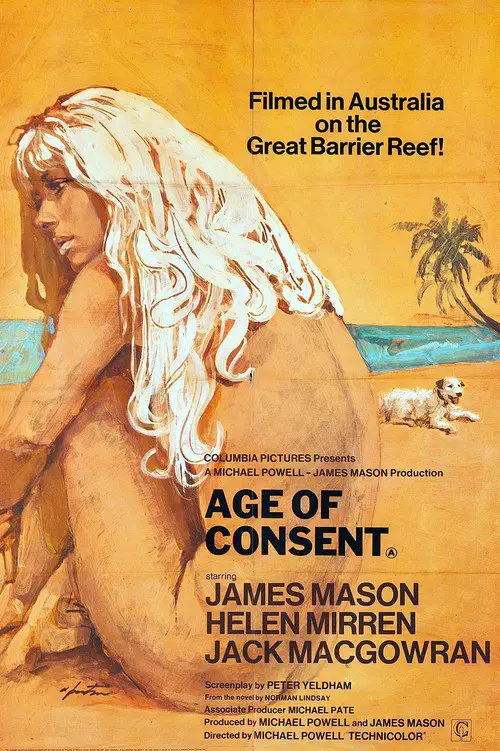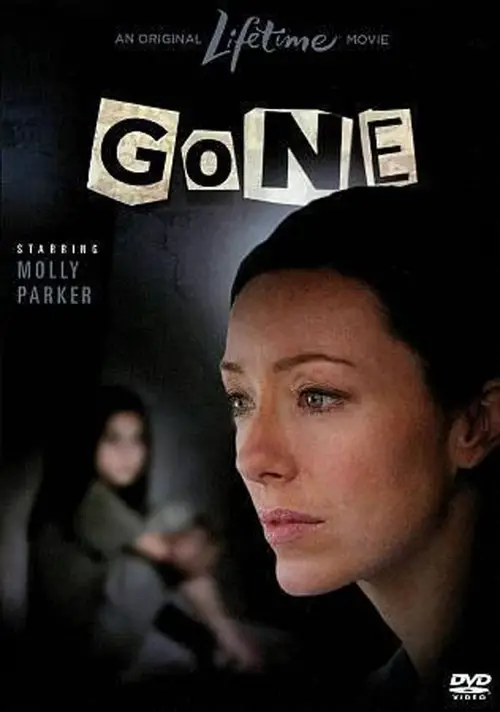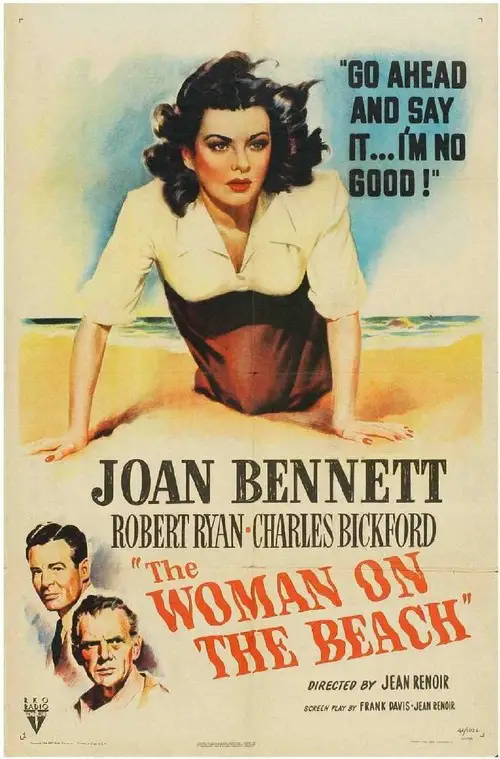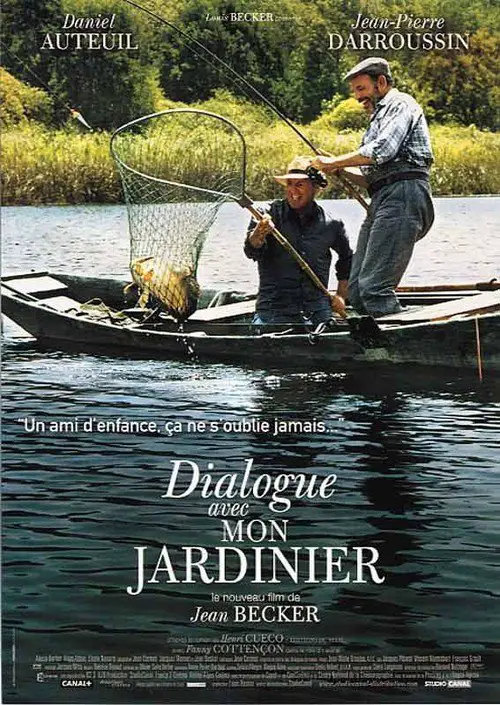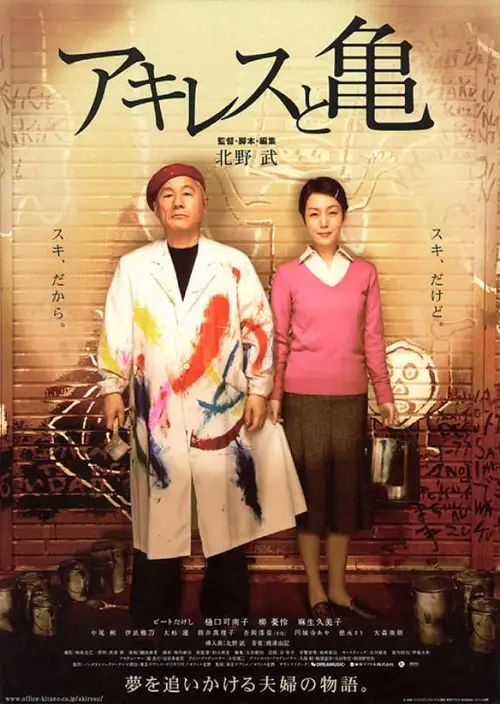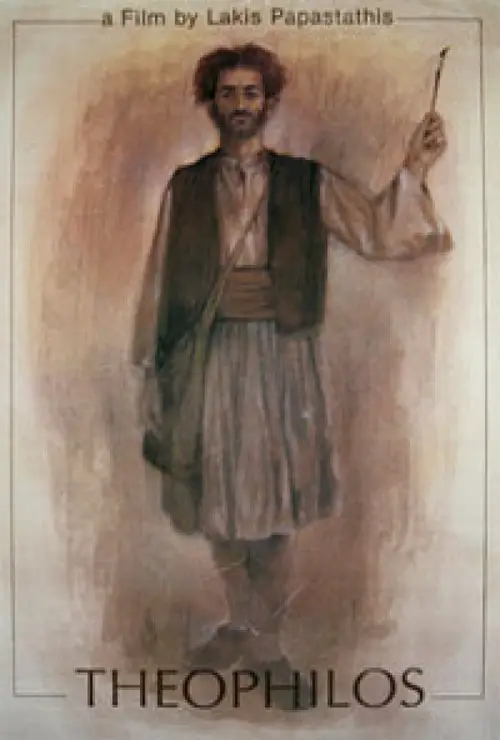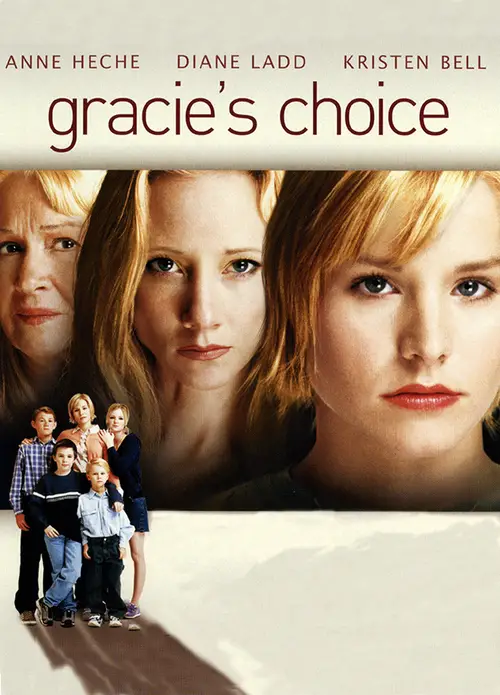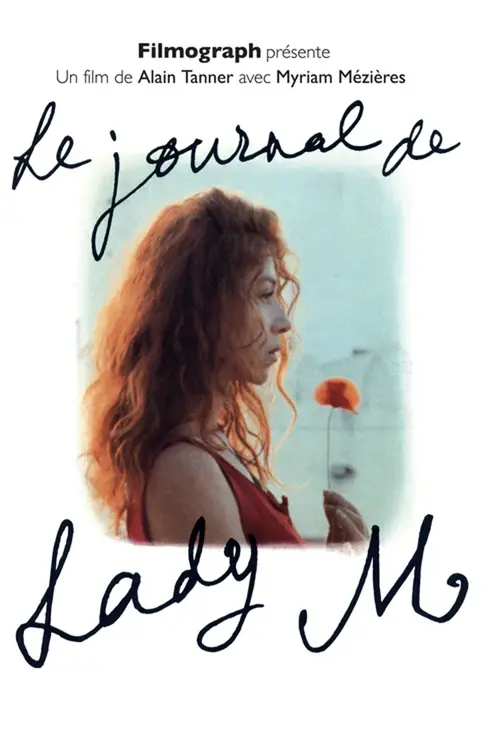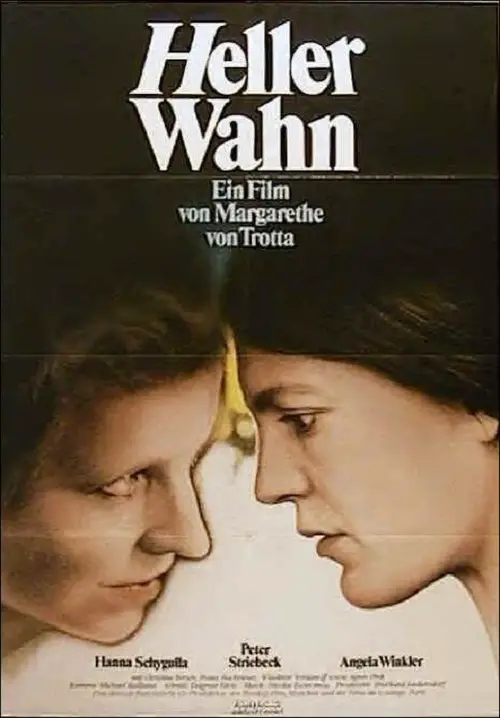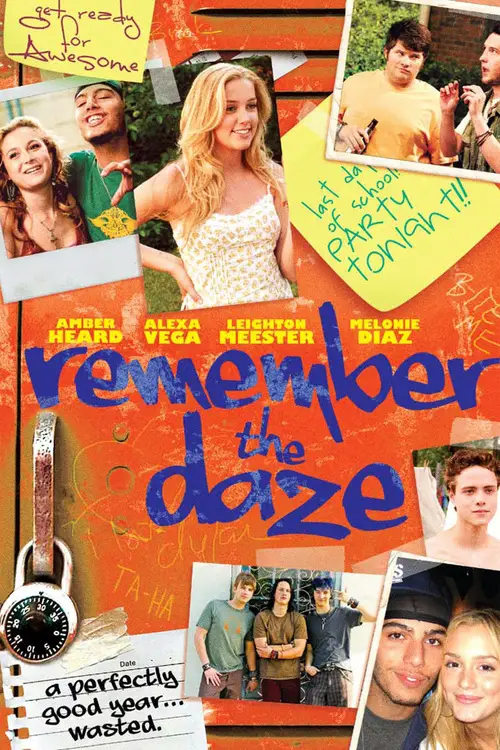Mr. Turner (2014)
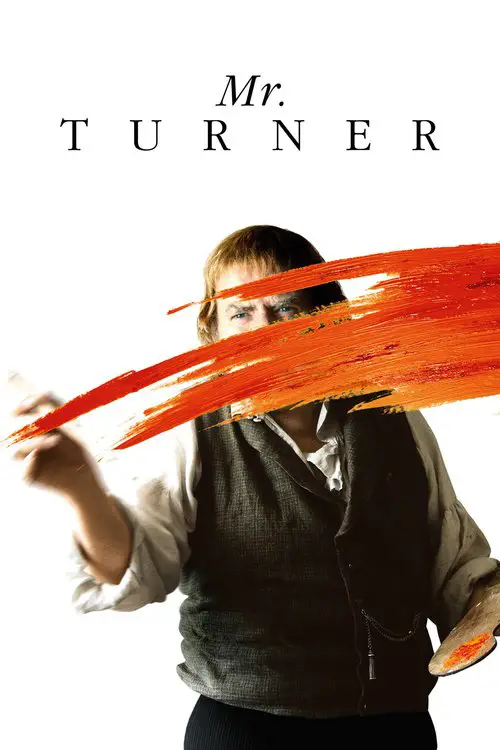
Similar movies
A biographical film about the Norwegian Expressionist painter Edvard Munch. It was originally created as a three-part miniseries co-produced by the Norwegian and Swedish state television networks, but subsequently gained an American theatrical release in a three-hour version in 1976. The film covers about thirty years of Munch's life, focusing on the influences that shaped his art, particularly the prevalence of disease and death in his family and his youthful affair with a married woman.
The tragic story of French naïve painter Séraphine Louis aka Séraphine de Senlis (1864-1942), a humble servant who becomes a gifted self-taught painter. Discovered by prominent critic and collector William Uhde, she came to prominence between the wars grouped with other naïve painters like Henri Rouseau only to descend into madness and obscurity with the onset of Great Depression and World War II.
The Côte dâAzur. 1915. In his twilight years, Pierre-Auguste Renoir is tormented by the loss of his wife, the pains of arthritic old age and the terrible news that his son Jean has been wounded in action. But when a young girl miraculously enters his world, the old painter is filled with a new, wholly unexpected energy. Blazing with life, radiantly beautiful, Andrée will become his last model, and the wellspring of a remarkable rejuvenation. Back at the family home to convalesce, Jean too falls under the spell of the new, redheaded star in the Renoir firmament. In their Mediterranean Eden - and in the face of his father's fierce opposition - he falls in love with this wild, untameable spirit... and as he does so, within weak-willed, battle-shaken Jean, a filmmaker begins to grow.
An adaptation of nine stories from Bocaccio's "Decameron": A young Sicilian is swindled twice, but ends up rich; a man poses as a deaf-mute in a convent of curious nuns; a woman must hide her lover when her husband comes home early; a scoundrel fools a priest on his deathbed; three brothers take revenge on their sister's lover; a young girl sleeps on the roof to meet her boyfriend at night; a group of painters wait for inspiration; a crafty priest attempts to seduce his friend's wife; and two friends make a pact to find out what happens after death. Pasolini is up to his old tricks satirizing the Church, and throwing in liberal doses of life and love
The story of the relationship between painter Dora Carrington and author Lytton Strachey in a World War One England of cottages and countryside. Although platonic due to Strachey's homosexuality, the relationship was nevertheless a deep and complicated one. When Carrington did develop a more physical relationship with soldier Ralph Partridge, Strachey was able to welcome him as a friend, although Partridge remained somewhat uneasy, not so much with Strachey's lifestyle and sexual orientation as with the fact that he was a conscientious objector.
London, 1783: Kitty, a saucy wench of the slums, meets the painter Gainsborough by stealing his shoes. He paints her as an "anonymous lady" who excites the interest of his noble friends, notably penniless Sir Hugh Marcy, who schemes to pass Kitty off as a genuine lady (a formidable task) and marry her off for financial gain.
This film, adapted from a work of fiction by author Tracy Chevalier, tells a story about the events surrounding the creation of the painting "Girl With A Pearl Earring" by 17th century Dutch master Johannes Vermeer. A young peasant maid working in the house of painter Johannes Vermeer becomes his talented assistant and the model for one of his most famous works.
This character study joins the painter at the height of his fame in 1642, when his adored wife suddenly dies and his work takes a dark, sardonic turn that offends his patrons. By 1656, he is bankrupt but consoles himself with the company of pretty maid Hendrickje, whom he's unable to marry. Their relationship brings ostracism but also some measure of happiness. The final scenes find him in his last year, 1669, physically enfeebled but his spirit undimmed.
Biographic film chronicling the last year of the life of the Italian painter Amedeo Modigliani, 1919, who falls in love with a girl from a wealthy family. Her parents are against this relationship and stop financial help. Modigliani worked and died in abject poverty in the Montparnasse Quarter of Paris, France.
Nick Van Alstyne owns the Henrietta silver mine and is very rich. His son Bertie is naive and spoiled. His daughter Rose is married to shady investor Mark. Mark wrecks Bertie's wedding plans by making him take the blame for Mark's illegitimate daughter. Mark also nearly ruins the family business by selling off Henrietta stock at too low a price. Bertie, of all people, must come to the rescue on the trading floor.
Will Graham, a former London crime boss who has left his former life to live as a recluse in the forest. Haunted by the blood of those he has murdered, Will wishes never to return. But when his brother commits suicide, following a sexual assault at the hands of a volatile car dealer, Will returns to London to discover the cause of his brother's death and administer justice to those responsible.
Jerry Mulligan (Gene Kelly) is an exuberant American expatriate in Paris trying to make a reputation as a painter. His friend Adam (Oscar Levant) is a struggling concert pianist who's a long time associate of a famous French singer, Henri Baurel (Georges Guétary). A lonely society woman, Milo Roberts (Nina Foch) takes Jerry under her wing and supports him, but is interested in more than his art.
Sexually abused as a young girl, Kate "Ma" Barker (Shelley Winters) grows into a violently powerful woman by the 1930s. She lovingly dominates her grown sons, and grooms them into a pack of tough crooks. The boys include the cruel Herman (Don Stroud), who still shares a bed with Ma; Fred (Robert Walden), an ex-con who fell in love with a fellow prisoner; and Lloyd (Robert De Niro), who gets high on whatever's handy. Together they form a deadly, bizarre family of Depression-era bandits.
Paradise Found is a biography about the painter Paul Gauguin. Focusing on his personal conflict between citizen life and his family life and the art scene in Frane. In an incredible imagery montage Gauguin manages to make a successful living in the South Pacific, while being in opposition to France.
Matthew Perry is real-life inspiration Ron Clark, a passionate and innovative teacher who leaves his small hometown to teach in one of Harlem's toughest schools. But to break through to this students, Clark must use unconventional methods, including his ground-breaking classroom rules, to drive them toward their potential.
Friends of painter Jean-Baptiste Emmerich gather at a Paris railroad station for a four-hour journey to Limoges, where Emmerich wanted to be buried. The dozen travelers include art historian François and his lover Louis, who develops an interest in teenage Bruno. Traveling parallel with the train is a station wagon with Jean-Baptiste's body, and this vehicle is driven by Thierry, husband of Catherine, who's on the train with their daughter. François plays a taped interview with Jean-Baptiste, revealing his sexual appeal to both men and women. Lucie is convinced that she was his main love. Also on board is his nephew, Jean-Marie and Jean-Marie's estranged wife Claire. After the funeral in "Europe's largest cemetery," the story continues in the mansion of Jean-Baptiste's brother Lucien.
Three stories happening in New York. The first, by Scorsese, is about a painter who creates his works helped by high volume music and an attractive assistant; second, by Coppola, is about a rich and bold 12 years old who helps her separated parents to reconciliate; third, by Allen, is a witty piece of comedy about the impossibility of getting rid of the son's role.
A woman inherits her father's fireworks factory, as he had no son. The business does well and everything works in an orderly fashion until one day, an itinerant painter is hired to decorate the doors and vases at the factory. The woman, forbidden to marry and thereby involve outsiders in the factory ownership, finds herself drawn to the headstrong painter. When they fall in love, the situation throws her entire life into disarray
In August of 1949, Life Magazine ran a banner headline that begged the question: "Jackson Pollock: Is he the greatest living painter in the United States?" The film is a look back into the life of an extraordinary man, a man who has fittingly been called "an artist dedicated to concealment, a celebrity who nobody knew." As he struggled with self-doubt, engaging in a lonely tug-of-war between needing to express himself and wanting to shut the world out, Pollock began a downward spiral.
Glendale, California, 1931: Mildred Pierce, a young mother with a talent for baking, is left a "grass widow" after throwing her husband, Bert, out of the house. Forced to hunt for work to support herself and her two young daughters, 11-year-old Veda and seven-year-old Ray, Mildred visits an employment agency, only to encounter job opportunities she feels are beneath her. Amidst her job search, she receives dating advice from her friend and neighbor, Lucy Gessler, and begins an unexpected affair with an ex-business partner of her husband's, Wally Burgan. When Mildred receives a call from the agency regarding an opening as a housekeeper to a wealthy socialite, she reluctantly agrees to meet with her. After cutting the acerbic interview short, Mildred seeks refuge at a local diner, Cristofor's Café, where fate, and a waitress named Ida, will play a role in shaping her future.
Inside the Blue Note nightclub one night in 1959 Paris, an aged, ailing jazzman coaxes an eloquent wail from his tenor sax. Outside, a young Parisian too broke to buy a glass of wine strains to hear those notes. Soon they will form a friendship that sparks a final burst of genius in director Bertrand Tavernier
This film is a chronicle of painter Frida Kahlo, and her encounter with the personalities of her time. Despite being confied to a wheelchair as a result of polio, operations and amputations, she faces and traces some of the most colorful and controversial aspects of Mexican history, during the dominant time of Mexican muralism.
Evicted from his squat and suddenly alone on the streets, George is a man without a home. Struggling with his demons and desperately trying to connect with the daughter he abandoned, he navigates the system, hustling for change and somewhere safe and quiet to gather his thoughts. But the streets are relentless and soon, George finds himself teetering on the edge, alone and abandoned.
The film's plot is based on the Kennedy assassination and subsequent investigation. The film begins with the assassination of President Marc Jarry, who is about to be inaugurated for a second six-year term of office. Henri Volney, state attorney and member of the commission charged with investigating the assassination (based on the Warren Commission) refuses to agree to the commission's final findings. The film portrays the initial controversy about this, as well as Volney and his staff's reopening of the investigation.
A WWII Coast Guard veteran, Lt. Scott Burnett (Robert Ryan), is plagued by nightmares of his combat days. One day, he meets a woman, Peggy Butler (Joan Bennett), walking on a beach, picking up pieces of wood. Butler is married to a grumpy, blind painter, Ted Butler (Charles Bickford). Despite his affections for his fiancée Eve (Nan Leslie), whose father is a boat builder, Scott falls in love with Peggy and soon breaks off the engagement. Peggy reveals that she blinded her husband years earlier by throwing a glass at him during an ugly spat, ruining his career and her own ambitions to be an upper-class socialite. Scott fears that Ted is suspicious that he is having an affair with Peggy and becomes so paranoid that he begins to believe that Ted is faking his blindness â and sets out to prove it. This was the fifth and final American film by the great French writer-director Jean Renoir.
Sometimes the true heroes in our lives are those people who inspire us not with their superhuman accomplishments but simply by their refusal to give up in the face of seemingly insurmountable odds and the dignity in which they go about their lives. Bill Porter is one of those heroes. Born with cerebral palsy, he was told for many years that he was unemployable. But with the unwavering support of a dedicated mother and an indomitable spirit that has become his trademark, Porter did support himself as a door-to-door salesman in Portland, Ore.
A successful artist, weary of Parisian life and on the verge of divorce, returns to the country to live in his childhood house. He needs someone to make a real vegetable garden again out of the wilderness it has become. The gardener happens to be a former schoolfriend. A warm, fruitful conversation starts between the two men.
Machisu is a painter. He never had the success he thinks he is entitled to. Regardless of this, he always remains trying to be successful. His wife Sachiko keeps supporting him, despite all setbacks. Machisu, the only son of a rich collector, has a childs love for painting. Praise from a famous artist friend of his father inspires the young boy to dream of becoming a painter himself. s a young man, poor loner Machisu manages to attend art school with money earned from working. He is introduced to an unconventional world of bold creativity but he also gets his first bitter taste of harsh criticism from a dealer. Encouragement comes in the form of attractive clerk Sachiko who is convinced that she alone understands him. Marriage is soon followed by a daughter, as love and hope drive Machisu to commit even more deeply to his art ...
Unbeknownst to the 19th-century Greek "primitive" painter Theofilos, other painters around the world at the time were also exploring non-academic subjects, focusing on the everyday lives of ordinary persons. In the U.S., the group of painters who chose such subjects were dubbed "the Ashcan school." Though Theofilos remained unknown in his lifetime, this biographical drama explores the painter's life from his birth on the Isle of Lesbos (Lesvos) in 1868 to the time when he developed his characteristic style, following his discharge from the Greek army.
For as long as she can remember, 16 year-old Gracie has been raising her four siblings, each of whom has a different, absent father  and their mother is on the fast track to self-destruction. When these children's lives are about to be pulled apart, Gracie will have to do the impossible and make the ultimate sacrifices to keep her family together. Inspired by actual events, this movie is sure to touch your heart.
She's a beautiful gifted performer, but her work is not the sort that invites popular acclaim. Despite the fact that she is unlikely to become famous, she enjoys her life as a performer who lives just outside the mainstream. Awaiting her backstage one evening is a Spanish painter who has seen her show and wants to make her acquaintance. They walk around Paris getting to know one another, and then the painter returns to Spain. Something about the man has moved Lady M to passion: she flies to meet him in Barcelona and he shows her his beloved Catalonia. This time, however, their relationship is as much about passionate lovemaking as it is about compatibility. So smitten is Lady M with her new man that when she discovers that the painter has a black wife and child, she is only a little bit taken aback and she invites his whole family to join her in Paris. Surprisingly, they do, and the number of people sharing their love and sexual appetites changes from two to three.
Olga and Ruth become friends. Olga is independent, separated from her husband, living with an immigrant pianist, and teaching feminist literature. Ruth is withdrawn, a painter, possibly mentally ill. Ruth dreams in black and white, sometimes of her suicide. Olga lectures on a 19th-century writer, von Günderrode, a suicide after the breakup of her intense friendship with Bettina Brentano. Ruth's husband Franz encourages the women's friendship, then, as Olga draws Ruth out and the friendship deepens, he becomes jealous. After the women travel to Egypt, Franz has a tirade. Ruth seems crushed between her husband and her friend, and how she responds is the film's climax.
During the summer of 1999, a group of teenagers, through interconnected narratives, live through their last day of high school and prepare for the future. Holly, once the new girl in school, does whatever it takes to remain popular. Dawn, who is secretly a lesbian, battles drugs. Tori is the valedictorian of her class, but, on the eve of graduation, she decides to experiment with drugs for the first time.
© Valossa 2015–2026
| Privacy Policy
